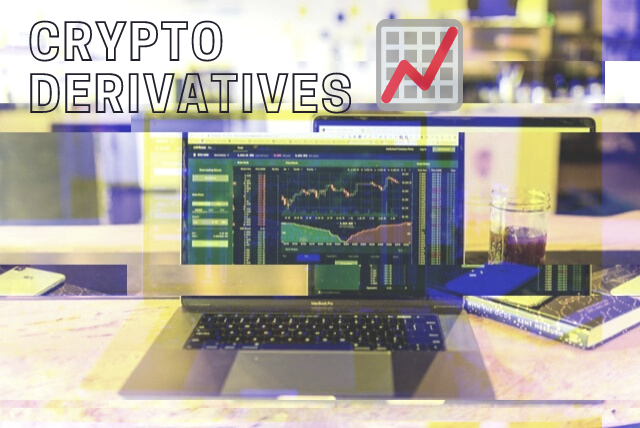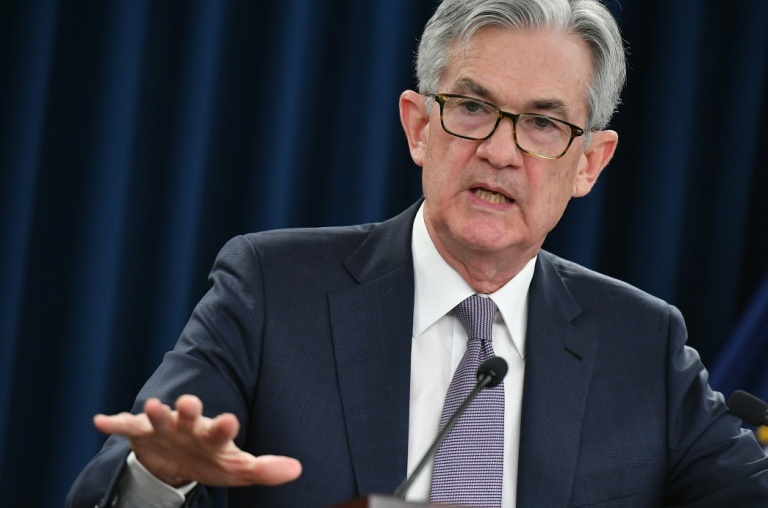
- More cryptocurrency industry participants looking to get a piece of the regulated crypto derivative pie to cater to demand in the retail sector
- Possibility that retail investors could have the same sophisticated derivative tools used by pros in the cryptocurrency sector soon, akin to what was seen in the FX markets
Cryptocurrency derivatives are often the tail that wags the dog, with speculation being able at times to represent (albeit notionally) more than the amount of the underlying asset that could ever exist at that point in time.
Given that the liquidity for cryptocurrencies like Bitcoin is more perceived than actual (by one measure 60% of Bitcoin wallet address over the past year have seen no transfers), derivatives can have an outsized impact on prices, sometimes even shaping prices more so than trade in the underlying asset.
But much of that trading activity exists outside the realm of the highly regulated U.S. derivatives market, with traders taking on the counterparty risk of offshore entities in exchange for the prospect of massive windfalls.
According to data provider CryptoCompare, volumes in crypto derivatives reached almost US$3 trillion last month, almost double the entire market cap of the cryptocurrency universe and taking place almost exclusively on unregulated forums.
As the cryptocurrency industry switches its T-shirts for suits, some companies are leaning into regulated markets, to build a bigger use base and to challenge existing financial institutions that offer trading in equities and other financial assets.
Coinbase Global (-1.52%), a U.S.-listed cryptocurrency exchange last month agreed to buy FairX, a small Chicago futures exchange, to make the derivatives market for crypto “more approachable.”
The Coinbase Global move comes after rival cryptocurrency exchange Crypto.com struck a deal last year to buy IG Index, while CBoE bought ErisX, a digital assets trading business and FTX US scooped up derivatives platform LedgerX.
Derivatives allow traders to borrow to magnify bets on financial assets, and while available for almost all manner of traditional financial products, have remained elusive for cryptocurrencies on regulated forums and out of reach for retail investors.
In the United States, cryptocurrency exchanges can’t offer leverage without first being regulated with the Commodities and Futures Trading Commission as a regulated futures commission merchant, which explains why many are buying licensed entities to overcome those gaps.
But retail traders have long been a major source of demand for crypto derivatives.
Last year, amidst soaring cryptocurrency prices, demand for derivatives to goose up bets pushed higher on exchanges like Binance, FTX and OKEx.



